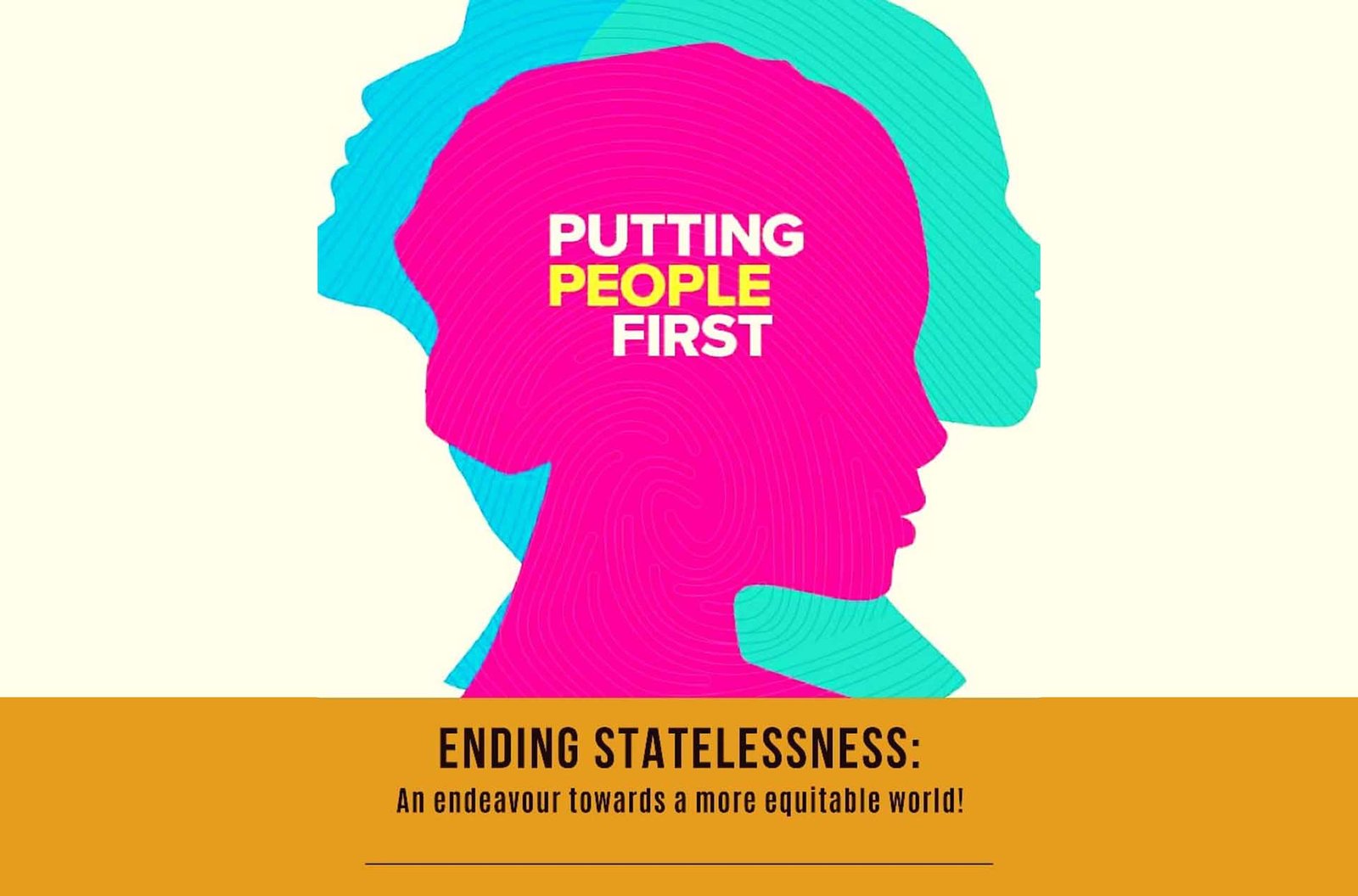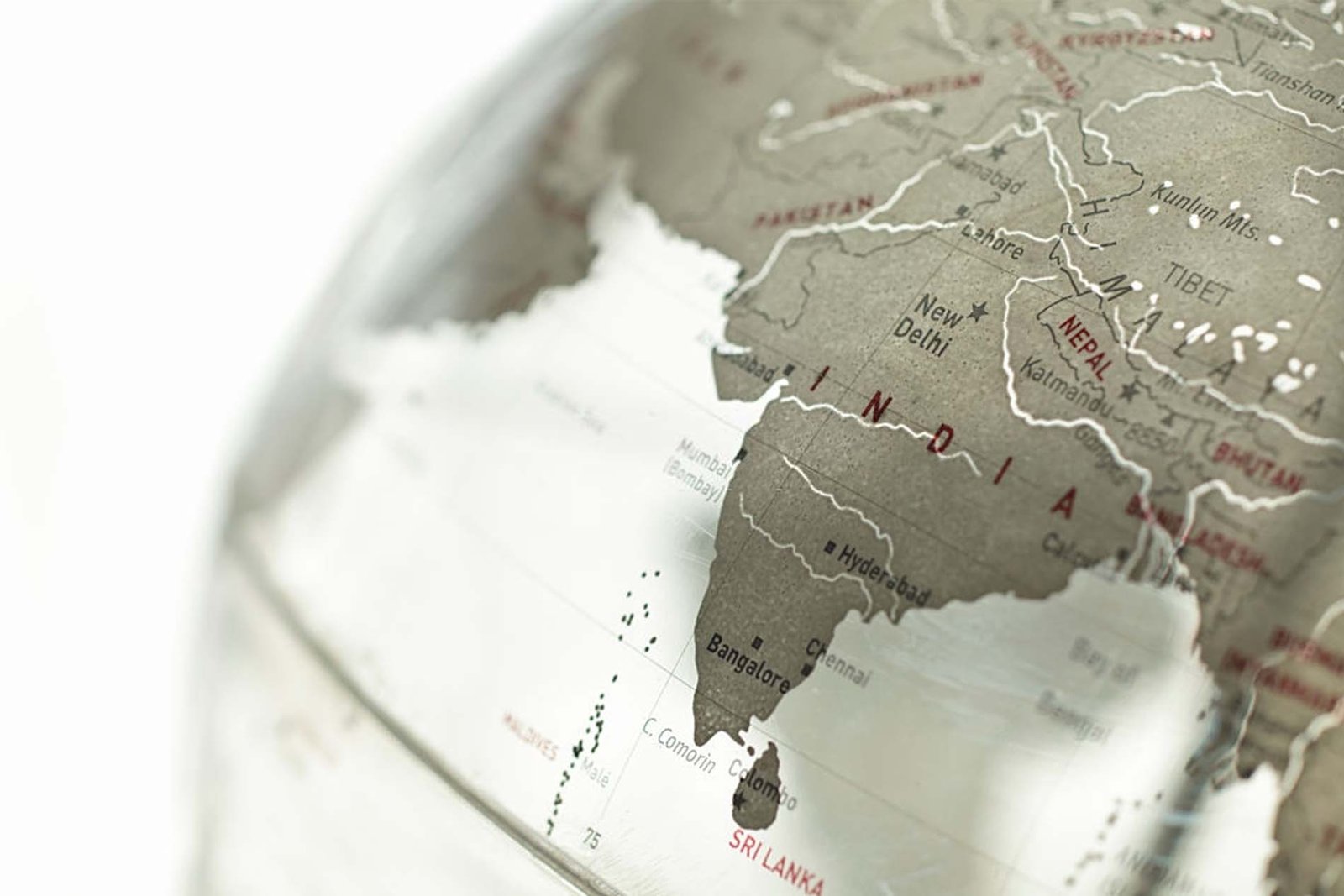
Ending Statelessness: An endeavour towards a more equitable world

This is the story of a woman named Leal, who has lived in Lebanon for more than 30 years but without any legal documents. This renders her stateless, without a nationality, making her doubt her identity in this brutal world. Her ambiguous status has restricted her since childhood. It denied her the right to go to school or college to attain a formal education. She was neither able to register her marriage nor the birth of her two sons. This makes her sons stateless too, as nationality is passed on from parents in Lebanon. One of her kidneys has stopped working, but she is unable to avail healthcare services to get a transplant.
Yet another poignant story is of a young boy Yasin, 10 years old, belonging to the Rohingya community, who was denied citizenship of Myanmar as he did not belong to the native racial community of the state. Since time immemorial, Rohingyas have been stateless and subjected to discriminatory treatment and persecution. They have been victims of serious human rights violations, including restrictions on freedom of movement, access to health care, and education. Yasin is one of the thousands of Rohingya who fled their homes in Myanmar to seek safety abroad. Yasin’s parents and younger sister drowned whilst trying to reach Malaysia on an overcrowded trawler.
According to UNHCR Report of 2011, there are more than 10 million stateless people worldwide, just like Leal and Yasin, who are struggling each day for their rights. Without citizenship, stateless people have no legal protection, no right to vote, often lack access to education, employment, healthcare, registration of birth, marriage, and property rights. They may also encounter travel restrictions, social exclusion, and heightened vulnerability to sexual and physical violence, exploitation, trafficking in persons, forcible displacement, and other abuses.
But what makes people stateless? One of the major causes is gaps in nationality laws. In some countries, nationality is passed on from parents, in others, it is based on country of birth, while in the rest of them, a person must apply to become a national of that country. The nationality laws of countries might be contradictory which can render a person stateless. People face this difficulty when they migrate from the countries where they were born. A child born in a foreign country can risk becoming stateless if that country does not permit nationality based on birth alone and if the country of origin does not allow a parent to pass on nationality through family ties. Another example is of countries where nationality is only acquired by descent from a national. In such cases, statelessness will be passed on to the next generation, if parents are not nationals of that country or parents are unknown. Furthermore, the most disappointing cause of statelessness is racial and gender discrimination. Countries like Iran, Iraq, Saudi Arabia, Sudan, UAE, Oman, Somalia, Myanmar, Nepal, etc, limit the ability of a woman to pass on nationality to her child or spouse while some other countries limit citizenship to people of certain races and ethnicities.
Some other reasons that result in statelessness are emergence of new states or changes in borders, deprivation of nationality owing to failure to perform military or alternative civil service, loss of nationality due to marriage of a person to a foreigner or due to a change in nationality of a spouse during marriage, renunciation without having secured another nationality, etc.
Stateless people are spread in all corners of the world and belong to different ethnic backgrounds. Some of the prominent examples are the Rohingyas in Myanmar, Bangladesh and India, the nomadic Bedouin tribe in Kuwait, immigrants from Burkina Faso, Mali and Ghana living in Ivory Coast, Kurds living in Syria, people expelled by Bhutan finding shelter in Nepal, ethnic hill tribes such as the Yao, Hmong and Karen living in the mountainous borders of Thailand with Myanmar and Laos, people of Haitian descent in the Dominican Republic, ethnic Russians in Estonia and Latvia, and so forth.
UNHCR – United Nations High Commissioner for Refugees is the nodal agency which performs the vital role to identify, prevent and reduce statelessness around the world. Several other NGOs and international organisations are working in this field but at a smaller scale. Together, they have formulated various international agreements addressing this issue such as Universal Declaration of Human Rights 1948, Convention on the Reduction of Statelessness 1961, Convention on the Rights of the Child 1989, European Convention on Nationality 1997, and the like. Furthermore, UNHCR in collaboration with various countries, civil societies, and other UN agencies, launched the #IBelong Campaign in November 2014. The aim of this initiative is to end statelessness by 2024 by identifying, protecting and reducing existing stateless populations, as well as preventing new cases from emerging. In 2001, it also inaugurated the World Refugee Day to be held on 20th June every year to draw attention to the plight of displaced people around the globe.
These international organisations and NGOs work with the governments of various countries to identify the statistics regarding stateless populations, understand the reasons which led to statelessness, and craft innovative strategies to solve this problem. They provide these countries with technical advice and operational support, train government officials on appropriate mechanisms for identifying, recording and granting a status to stateless persons, facilitate in birth registration, issuance of appropriate documents on birth, and updating of population data. They insist governments improve their nationality laws and other relevant legislations to prevent gender and racial discrimination, contrasting nationality laws, and abide by fundamental principles of international law. Moreover, the United Nations has developed a protocol against smuggling of stateless people by preventing, suppressing and punishing such trafficking. It has also developed programmes in the field of education, healthcare, housing, job opportunities, marriage, etc. to integrate these people with mainstream society.
Although progress has been made in this field by creating awareness among nations and its citizens, we are only in the initial stages of the process to end statelessness. With a fast- increasing population estimated to cross 9 billion within a few decades, this problem will only worsen with time, if urgent measures are not taken at a global level. The goal of #IBelong Campaign seems far-fetched, and the future seems uncertain. However, this problem can be solved when all the nations reach a consensus regarding justified and congruous nationality laws and ensure proper implementation in their respective countries. Moreover, a complete change in outlook is required in the minds of the government as well as people towards the stateless, developing greater humanity, empathy and respect for them. It is only when we join our hands, we can truly eradicate this problem from the world.
By Sanjana Chandaliya.

